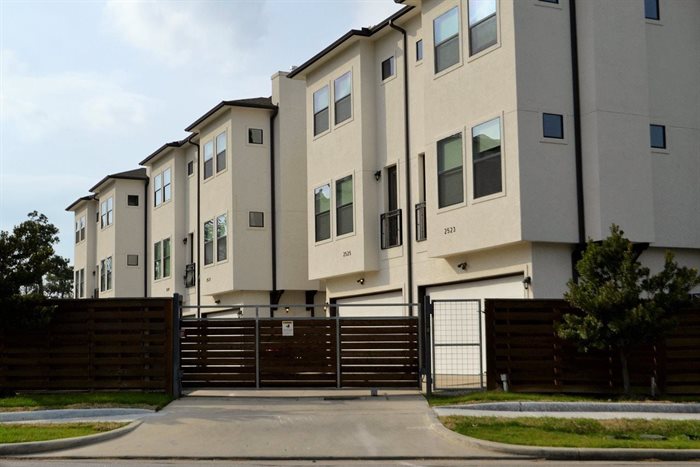Vaccine mandates: Can they be implemented in community housing schemes?

According to specialist community schemes attorney and BBM Law director Marina Constas, the answer is most likely no.
“If organisations and some restaurants are saying that staff and patrons must produce proof of vaccination in order to work in the office or dine in the establishment, it may seem reasonable, sensible and even necessary for bodies corporate and homeowners association members to expect the same from the residents and visitors to community housing schemes like sectional title complexes, apartment blocks, residential estates and retirement villages,” she says. “However, I believe they would be overreaching and unlikely to succeed in implementing a vaccine mandate.”
Common property owned by body corporate
Constas explains that common property is owned by all members of the body corporate, which is all the owners in the complex. “Every owner has an undivided share of the complex’s common property and cannot be prevented from using it.
“Right now, no definitive decision has been made by the High Court in South Africa regarding vaccine mandates,” she states. “While companies are exercising their right to mandate vaccines for their staff, the fact of the matter is that we do not yet have specific laws or court decisions on mandatory vaccines in relation to the fight against Covid-19.
“Without a relevant law, such as a public health order or a valid by-law, there would be no legal basis for sectional title trustees or homeowners association directors to mandate vaccination among residents in their community scheme or for visitors.”
Constas says that they may consider adding this to the complex rules but could be challenged on the basis that rules must be reasonable and not discriminatory. “If health issues or religious beliefs are valid reasons not to have the Covid vaccine, then it is possible that a blanket mandatory vaccination rule could be construed as discriminatory in some cases.
Issues around PoPI Act
“There are also issues around the protection of personal information to be considered,” she contends. “With the enactment of the Protection of Personal Information (PoPI) Act, every community housing scheme must have a PoPI policy. It must specify the type of personal information that the complex collects and holds, as well as how the complex collects and stores the personal information of residents and visitors. Could this be expanded to include the personal medical information of residents and visitors, like their vaccination status? Right now, there is no legal basis for this.”
Constas says that trustees seeking to implement vaccine mandates may consider the Sectional Titles Schemes Management Act’s stipulation that every sectional title body corporate must act in the best interests of the body corporate and for the benefit of the owners of units in the scheme. “Section 7 of the Act delegates this responsibility to trustees, who may argue that a vaccine mandate is in everyone’s best interests and benefits the owners of units. Since the Act does not specify what these ‘best interests’ are, it could be open to interpretation.
Community scheme cannot exceed its powers
“This is a very complex issue. The trustees and directors of community housing schemes have a vital role to play in ending this pandemic and must ensure that they comply with regulations and meet their obligations,” Constas states. “They have an obligation to take all reasonable steps to ensure that a resident does not contravene the law, and this includes the Covid-19 restrictions and regulations. However, the community scheme cannot exceed its powers, and make different or conflicting rules or directives contrary to the national legislation, which is the Disaster Management Act 57 of 2002 and Regulations, as well as the Community Schemes Ombud’s Directives.
“In my view, a vaccine mandate for residents or a blanket refusal to have non-vaccinated visitors in the building would be unreasonable. However, ensuring that legally required safety measures such as facemasks, hand sanitising and limited numbers at gatherings are enforced is not just reasonable, but is an obligation for trustees, bodies corporate and homeowners associations.”
